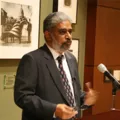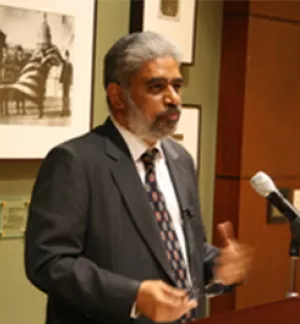International legal regimes depend on consent. Making and enforcing rules requires that states accept legal limits on their behavior and that they allow their behavior to be audited by some enforcement body. International legal scholar Michael Glennon offers a clear articulation of the volitional nature of international legal regimes:
The international legal system cannot compel a state to subscribe to a rule unless it consents to do so. It cannot adjudicate the application of a rule to a state unless the state has accepted the jurisdiction of the tribunal to apply the rule. It cannot enforce a rule against a state unless the state has consented to the rule's enforcement.1
Even when states have accepted a set of rules, Glennon further elaborates, they still have the option of withdrawing their consent. The viability, durability, and adaptability of treaty regimes, therefore, depend on the attitudes and perceptions of the states that participate in the arrangement. Without assent from member states, a treaty regime cannot survive or adapt. The problem of consent is particularly challenging in the context of the Nuclear Non-Proliferation Treaty (NPT) and its associated regime. This regime has an oddly schizophrenic history. On the one hand, it has attracted nearly universal membership, its critical importance is routinely acknowledged, it has proven to be durable and resilient across four challenging decades, and it is given at least some credit for helping prevent the widespread proliferation of nuclear weapons. On the other hand, it is chronically troubled, beset by crises and setbacks and possible defections, amidst fears for its future and doubts about its adequacy.
Precisely because of its perceived value as an impediment to the spread of nuclear weapons, there has long been worry about the wounds the NPT regime has suffered and the threats to its health and long-term durability. Writing more than a decade ago in the aftermath of the 1998 Indian and Pakistani nuclear tests, Joseph Cirincione lauded the "remarkable" performance of the NPT system; but he lamented, "The regime has sustained serious setbacks and defeats; there may very well be more in the near future; and there remains a distinct possibility of a catastrophic collapse of the regime."2 Thus the paradox of the NPT: crucial but fragile, resilient but menaced, effective but potentially inadequate.
Today the NPT regime is widely regarded as a system in distress. It is commonly described as troubled, jeopardized, derailed, unraveling—eroding under the pressure of unresolved compliance crises, inadequate enforcement, diplomatic friction and distrust, spreading nuclear technology, and member-state dissatisfaction. There are mounting concerns about the regime's effectiveness as a barrier to the proliferation of nuclear weapons. To many, the failure of the NPT system to prevent North Korea's acquisition of nuclear weapons and to resolve the endless controversy over Iran's advancing nuclear program is a disturbing symptom of the imperfection of the regime....
Continue reading: http://www.amacad.org/pdfs/nonproliferation.pdf
1. Michael J. Glennon, The Fog of Law: Pragmatism, Security, and International Law (Palo Alto, Calif.: Stanford University Press, 2010), 135.
2. Joseph Cirincione, "Historical Overview and Introduction," in Repairing the Regime: Preventing the Spread of Weapons of Mass Destruction, ed. Joseph Cirincione (New York: Routledge, 2000), 5.
Miller, Steven E, Wael Al-Assad, Jayantha Dhanapala, C. Raja Mohan and Ta Minh Tuan. “Nuclear Collisions: Discord, Reform & the Nuclear Nonproliferation Regime.” American Academy of Arts & Sciences, April 2012
The full text of this publication is available via American Academy of Arts & Sciences.







